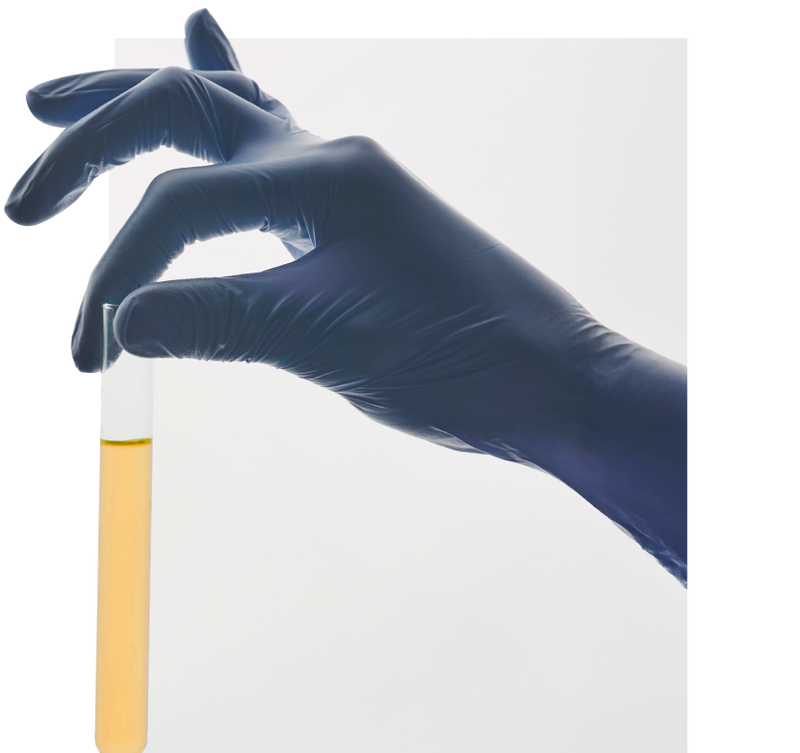Full spectrum CBD oil is a hemp-derived extract that includes a wide range of naturally occurring compounds, not just CBD (cannabidiol), but also other cannabinoids, terpenes, and trace amounts of THC. Because it contains more of the plant’s original compounds, full spectrum CBD oil is often sought out by those exploring hemp-based wellness tools that go beyond isolated cannabinoids.
The presence of multiple compounds working together is sometimes referred to as the “entourage effect,” a concept suggesting these components may enhance each other’s impact. While research on this is ongoing, many individuals report that full spectrum products feel more balanced or comprehensive compared to CBD isolate or broad spectrum options.
Importantly, full spectrum CBD oil does contain THC, typically within federally legal limits (0.3% or less). While this amount is low, it may be noticeable in high doses, especially for sensitive patients. For that reason, it’s always recommended to start low and gradually increase only if needed, ideally under the guidance of a health professional.
Is Full Spectrum CBD Oil Legal And Safe?
Full spectrum CBD oil is federally legal in the United States as long as it contains no more than 0.3% THC by dry weight, as defined by the 2018 Farm Bill. However, laws vary by state, so it’s important to check local regulations before purchasing or using a product. Even if it's legal, certain workplaces or professions may have policies around THC, so exercising caution is always recommended.
When it comes to safety, full spectrum CBD oil is generally well-tolerated, but individual responses can differ. Because these products contain THC, even in trace amounts, they may produce noticeable effects if taken in higher doses, especially for those who are more sensitive. That’s why it’s best to start with a small amount and consult a healthcare professional before adding CBD to a daily routine.
Observer
Merry Jane
People
Pop Sugar
Cosmopolitan




















